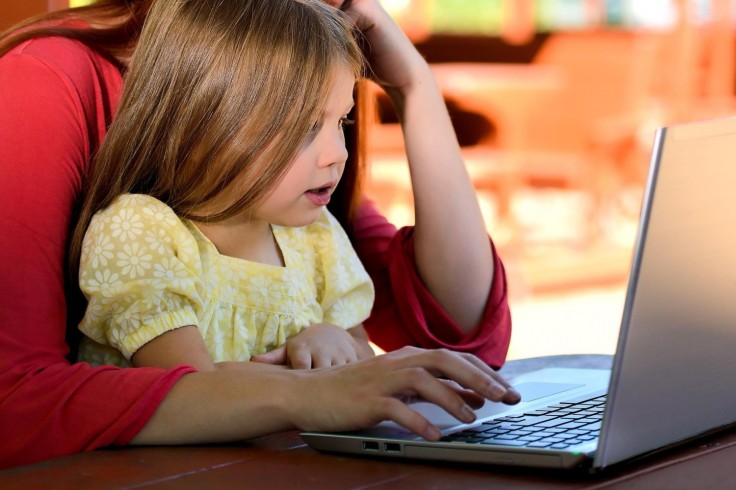
Guilt trips done by parents can have long-term and toxic effects on children as they can carry that guilt into adulthood. Kaufmaan Rees, professional clinical counselor and life coach with Kaufman Rees Resources, said parents make guilt trips to take advantage of a child's desire to please.
Parents resort to guilt trips when they feel helpless to handle a child's behavior or as an attempt to stop their unwanted behaviors, per Very Well Family.
Parents usually feel frustrated when they see their kids being disorganized, as it can be due to a lack of motivation. According to Dr. Peg Dawson, a clinical psychologist and bestselling author of "Smart but Scattered Kids," children are still developing the executive skills of being organized.
Executive Skills are the brain-based procedures that guide children to regulate their behavior and reach goals. Such skills are managed in the frontal lobe of the brain.
Ineffective parenting strategy
Disciplining children is hard. It can sometimes become overwhelming, and parents can feel they are at their wit's ends. Unfortunately, not all parenting methods are effective.
According to Very Well Family, guilt trips are one of the least effective parenting strategies. Although this tactic might work in the short term and your child will follow your rules, guilt-tripping kids can have long-lasting consequences such as low self-esteem if parents do it often.
Guilt-tripping is a form of manipulation. It is a way of blaming or shaming a kid to convince them to comply with a certain request.
On the other hand, guilt is a powerful emotion and can be used as a powerful tool of manipulation.
Kaufman said that guilt trips teach children to seek outward validation rather than internal as it teaches them to search for the responses of others to determine if their actions are good or bad.
Most parents who use guilt-tripping are not informed of how manipulating and damaging it can be, per A Fine Parent.
Guilt trip's toxic effects on kids
A child who feels manipulated will feel compliant rather than excited to show up and remain emotionally absent. Such guilt erodes a relationship and will establish resentment.
Lashing out, Seeking ways to maintain privacy and a sense of control, building different boundaries, and shutting down emotionally are usually manifestations of a child experiencing guilt.
As parents notice that their child responds seemingly emotionally or angrily, they will turn to guilt-tripping as they know it works, and the cycle will repeat, but their child will pull away.
A study, "Guilt Trips and Love Withdrawal: Does Mothers' Use of Psychological Control Predict Depressive Symptoms Among African American Adolescents?" examined the effects of maternal psychological control on both genders. Boys and girls can experience the impact of this controlling measure, leading them to self-control and higher depressive symptoms.
Guilt cannot create emotional intimacy and, in the long-term, can lead to greater disconnection, per Psychology Today.
Related Article : Dealing With Guilt In Parenting: Escape The Parent Guilt Trip - It's Not Your Fault!